As a homeowner, you’re probably always thinking of ways to keep your household running efficiently. This includes maintaining your heating and air conditioning system. When you follow the right maintenance schedule, your HVAC system can last 10 – even 15 – years!

[fa icon="clock-o"] 2/2/18 7:24 AM [fa icon="user"] Your Advisor [fa icon="folder-open'] HVAC, Energy Tips, Service, Air conditioning, Equipment
Read More »
Professionally maintaining your HVAC system can help you save money and taking measures to keep your heating and cooling system running smoothly year round can also solve minor problems before they become major ones.
Sustaining a regular HVAC maintenance schedule can be challenging. When there are many other items on your to-do list, it’s possible that some things may be overlooked. If that forgotten task happens to be your HVAC checkup, it could cost you.
[fa icon="clock-o"] 1/18/18 2:54 PM [fa icon="user"] Your Advisor [fa icon="folder-open'] HVAC, Air conditioning, How Does It Work?
Read More »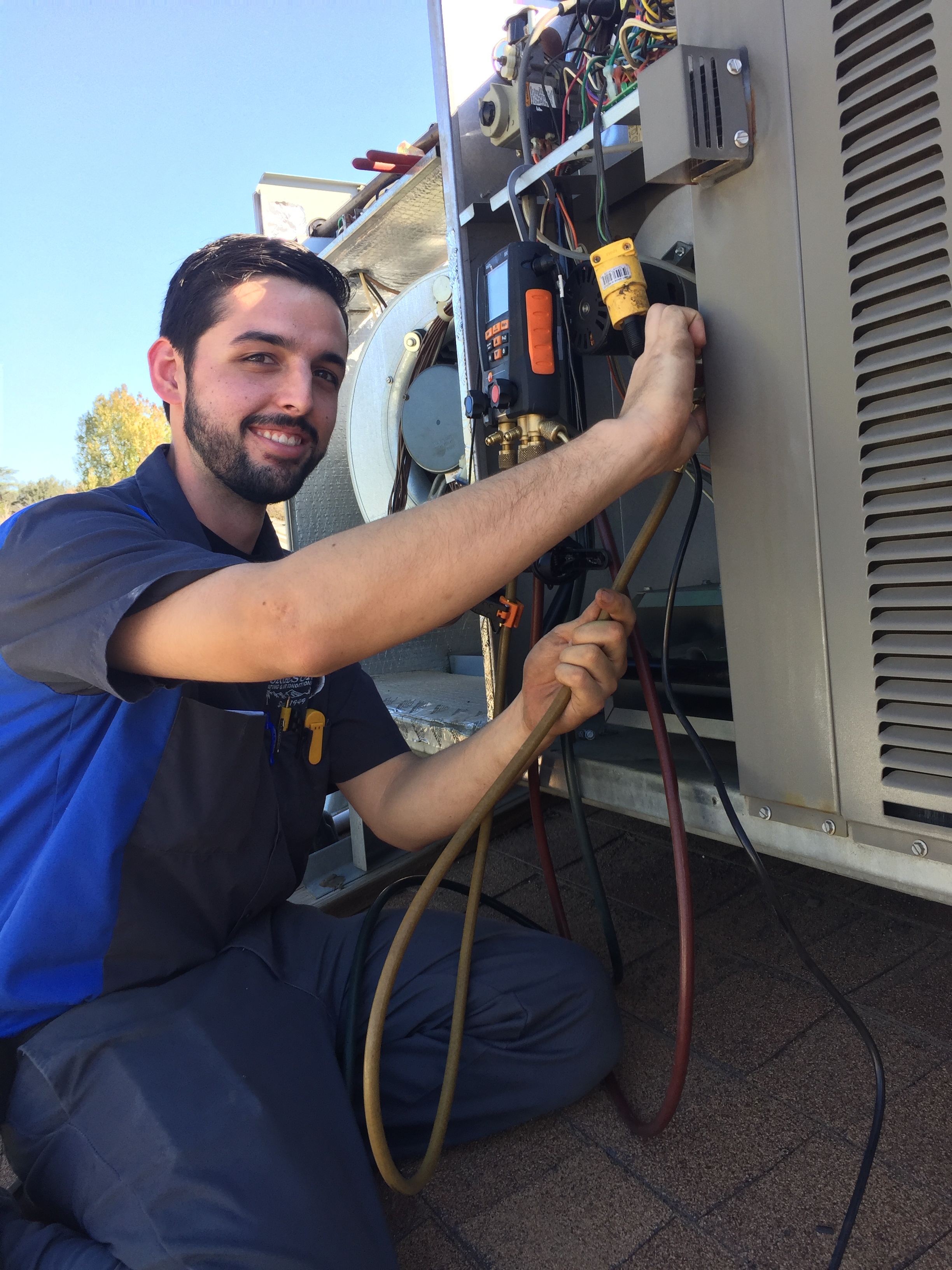
Every car owner knows that they should change their motor oil every 3000-5000 miles. An automobile is an investment; it’s a piece of machinery that requires regular maintenance to keep it running as long as possible. An air conditioning system is no different. Like a car, it needs routine annual or semiannual maintenance, also known as an “AC service” or "tune-up."
[fa icon="clock-o"] 8/8/16 9:30 AM [fa icon="user"] Your Advisor [fa icon="folder-open'] HVAC, Service, Air conditioning
Read More »
Apart from insulation, ventilation is an important element in a home's energy efficiency. Attic ventilation is usually not synonymous with lower cooling bills, but it should be. Many people simply choose not to concern themselves with attic vents and the many variations of them: rectangular, hooded, etc. One reason to think about ventilation, however, is a homeowner's comfort level; did we also mention reduced utility bills? Improving ventilation can surely lower energy costs by relieving excess strain on an air conditioning unit.
[fa icon="clock-o"] 7/21/16 9:00 AM [fa icon="user"] Your Advisor [fa icon="folder-open'] HVAC, Attic Fan, Ventilation, Ductwork
Read More »
Do you feel like your air conditioner is consistently under performing? Are you constantly needing to adjust your programmable thermostat to stay cool? Are you hearing worrisome noises coming from your system? Before you head out to replace your current unit, there are a few things you should consider.
[fa icon="clock-o"] 7/18/16 9:00 AM [fa icon="user"] Your Advisor [fa icon="folder-open'] Maintenance, HVAC
Read More »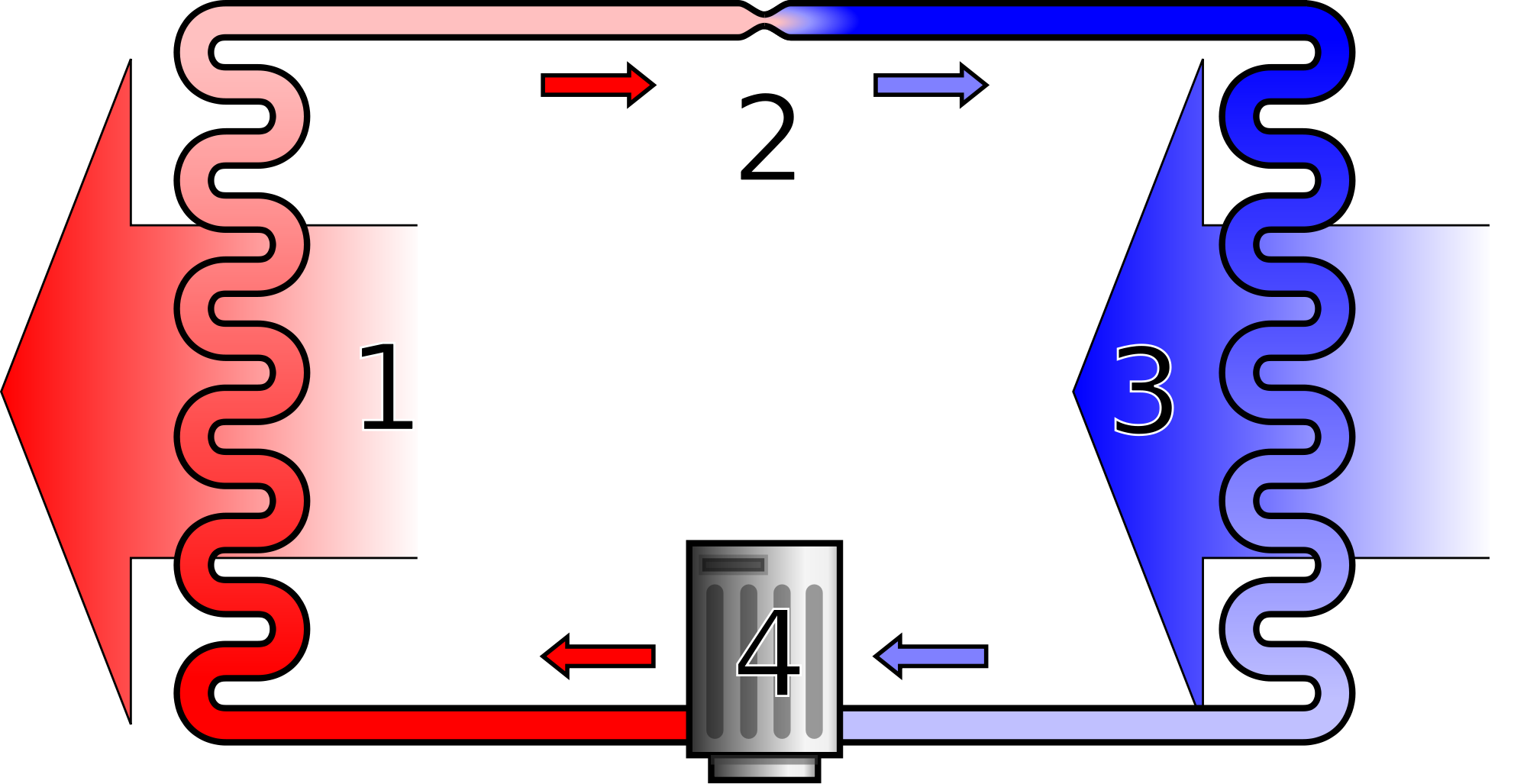
An air conditioner compressor is a crucial component of a cooling system. A deeper look into the function of this key cooling component quickly clears up a common HVAC misconception. Most homeowners think that an air conditioner works by adding cool air to the home. Actually, an air conditioning unit's continuous internal cycle actually removes heat from the home. Without the compressor, none of this would be possible.
[fa icon="clock-o"] 7/14/16 9:00 AM [fa icon="user"] Your Advisor [fa icon="folder-open'] HVAC
Read More »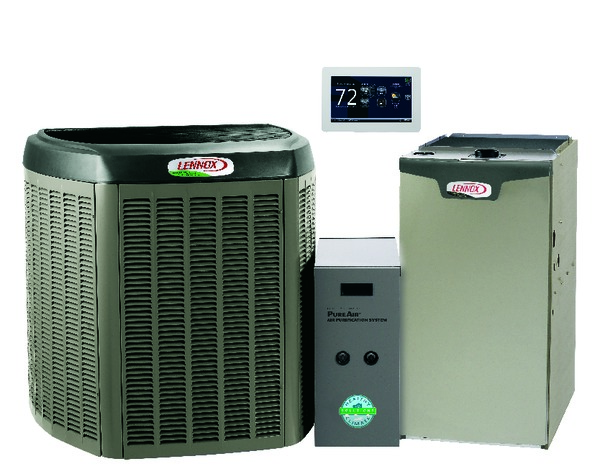
When it comes to installing an HVAC system, a larger unit is not necessarily better. In fact, units that are too large for a home often come with increased installation and maintenance costs. While there is technology that currently exists to aid in accurately sizing a new HVAC system, some contractors still use casual methods of sizing. In some cases, contractors will purposely oversize a system in order to reduce the amount of call backs, allow for future home expansion, or simply because the customer demanded it. Here's a detailed explanation on why oversizing is a problem and how right sizing a system can actually save you money and reduce energy consumption.
[fa icon="clock-o"] 7/7/16 9:00 AM [fa icon="user"] Your Advisor [fa icon="folder-open'] HVAC, Energy Tips
Read More »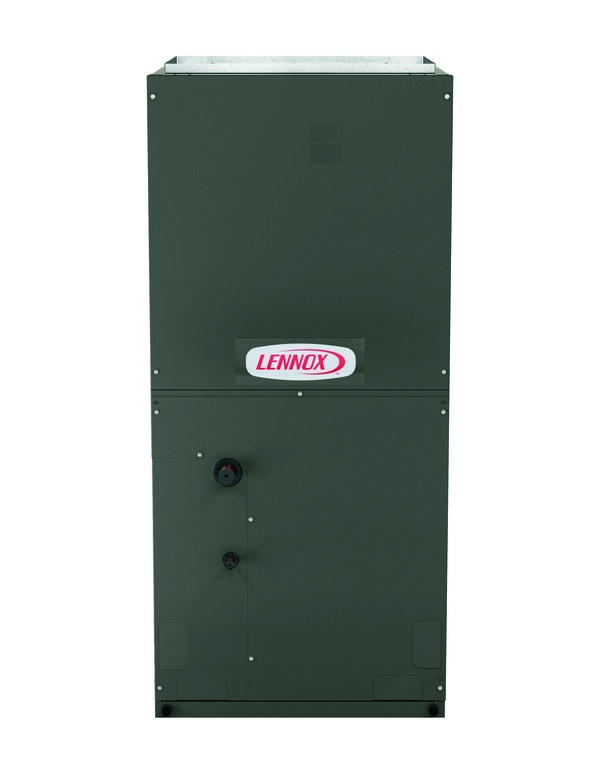
There has never been a better time to purchase a new HVAC system than now. HVAC system manufacturers have made it surprisingly convenient and affordable to heat and cool any living space, even if there is no ductwork present. The only obstacle in finalizing a purchase is knowing what type of equipment to buy. The plethora of components and complete systems could make any smart buyer feel intimidated. To soothe those worries, one of our Southern California techs ate answering one of the most common HVAC questions: What is the difference between an air handler and an air conditioner?
[fa icon="clock-o"] 6/20/16 9:00 AM [fa icon="user"] Your Advisor [fa icon="folder-open'] HVAC
Read More »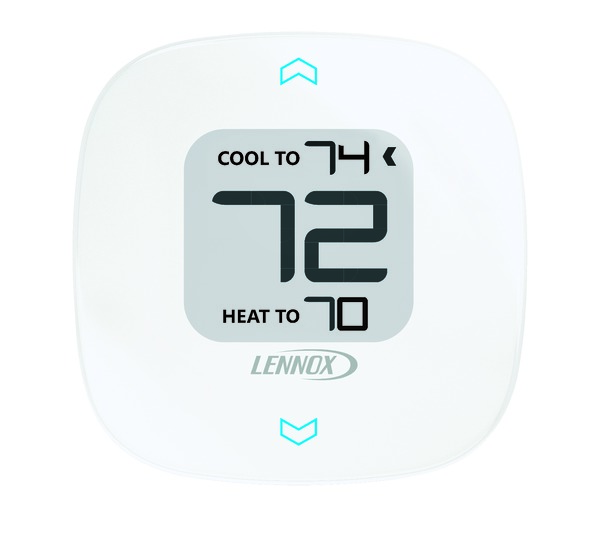
Multi-story homes tend to suffer from uneven cooling throughout the summer, but with a few changes entire home cooling is possible. The reason for the problematic cooling is due to a simple principle in physics in which hot air rises. In turn, the conditioned air that does make it to the upper levels through the existing ductwork will quickly flow back down to the first floor.
[fa icon="clock-o"] 6/13/16 9:00 AM [fa icon="user"] Your Advisor [fa icon="folder-open'] HVAC
Read More »
For homeowners that are thinking of converting their garage into a comfortable living space, air conditioning should be at top of mind. An efficient cooling option not only keeps the converted space at a consistent and comfortable temperature, but also prevents refrigerators, freezers, and other appliances from overheating on sweltering summer days.
[fa icon="clock-o"] 6/9/16 9:00 AM [fa icon="user"] Your Advisor [fa icon="folder-open'] HVAC
Read More »









